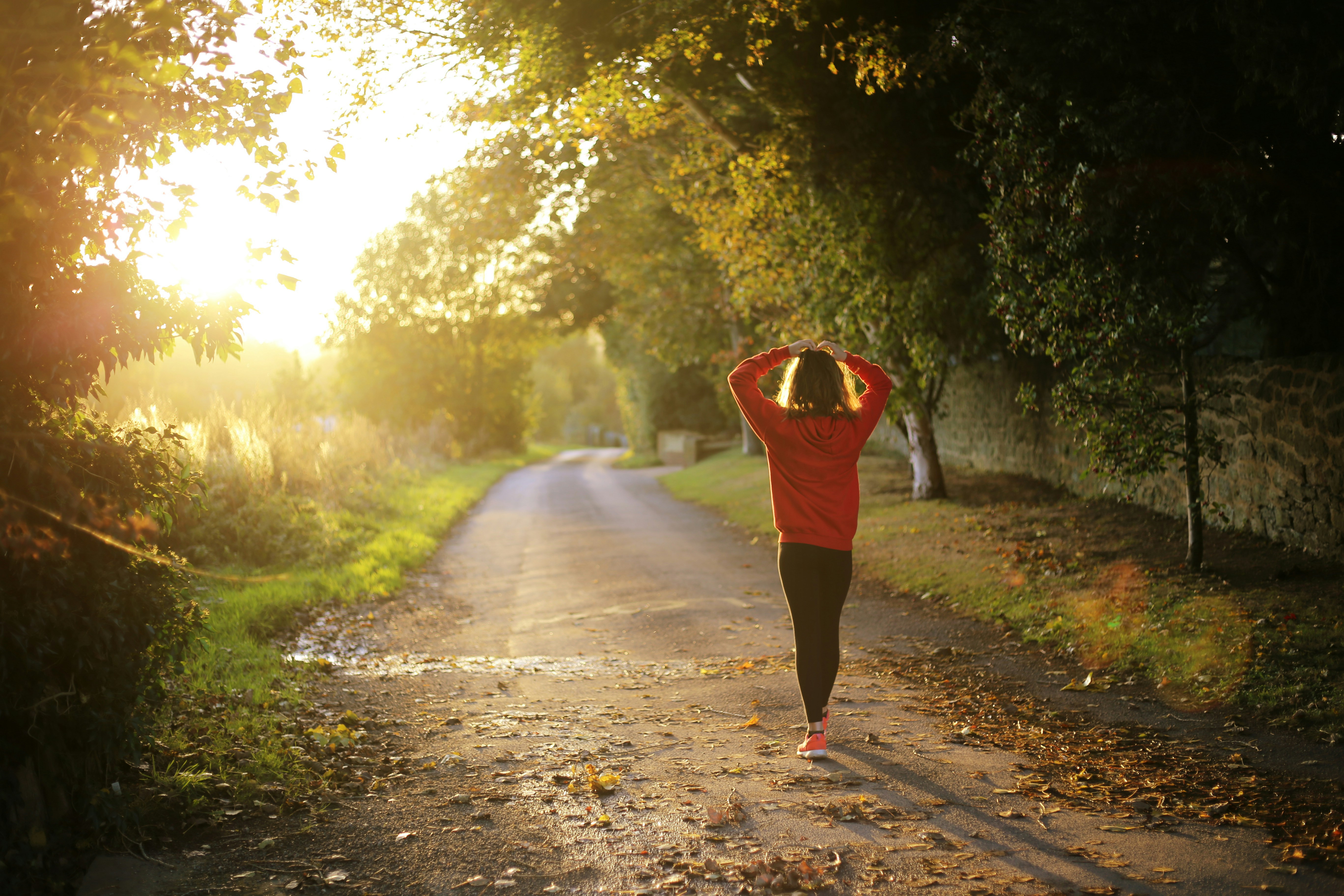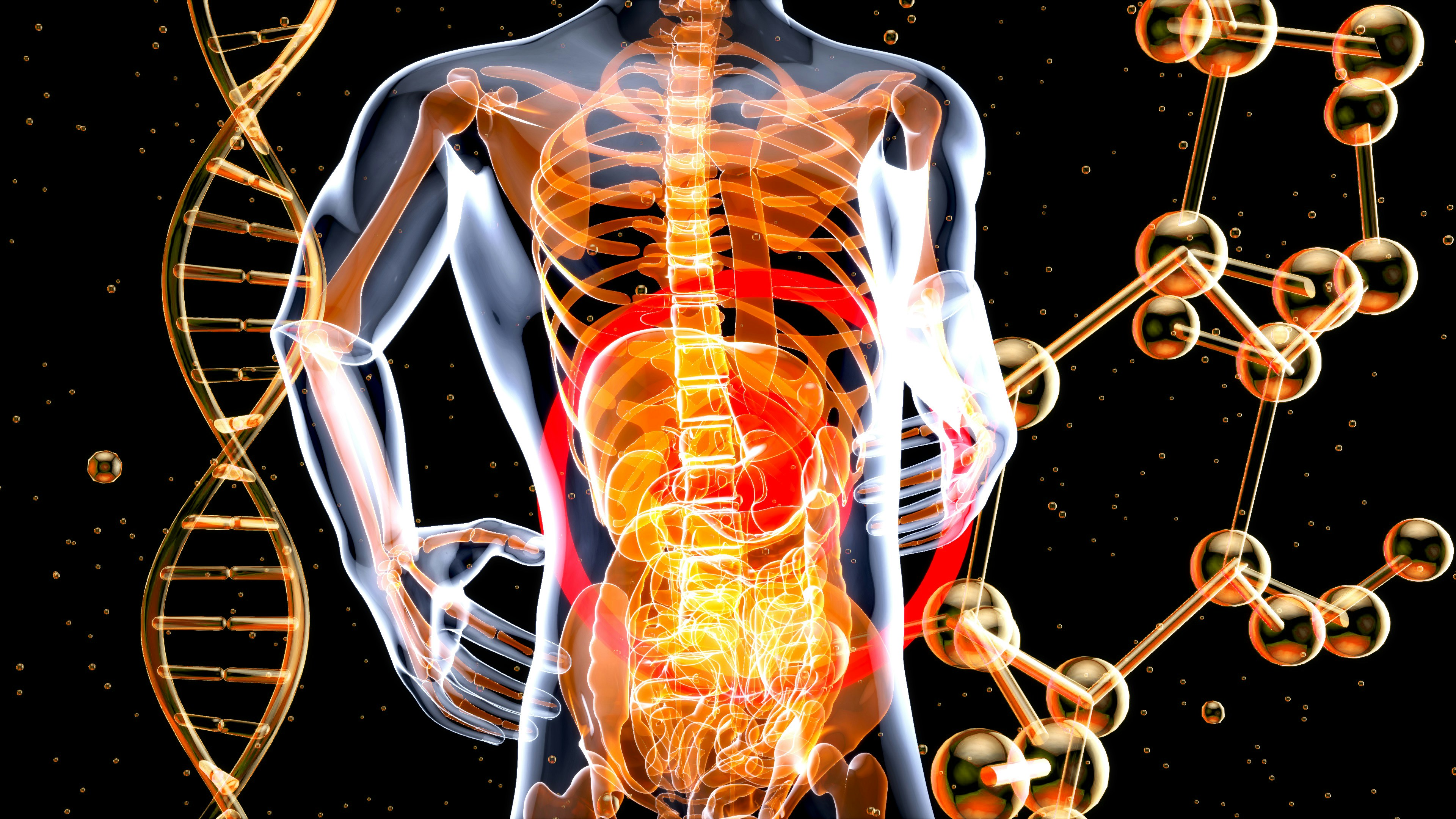How to Boost Libido Naturally: A Guide to Hormonal Balance and Sexual Wellness
Libido, or sexual desire, is a complex interplay of hormones, neurotransmitters, and overall health. Many factors influence libido, but one of the most significant is hormonal balance. When key hormones are out of sync, sexual desire can decline, leaving both men and women feeling frustrated and disconnected. Instead of simply addressing the symptoms, the key to restoring a healthy sex drive lies in identifying and correcting underlying imbalances in hormones, metabolism, and lifestyle factors. Let’s dive into the signs of hormone-related low libido and explore natural strategies to reignite desire and improve overall well-being.
Signs and Symptoms of Hormone-Related Low Libido
Hormonal imbalances don’t just impact sexual desire—they often come with other symptoms that can offer clues to the root cause:
Low Testosterone: Reduced motivation, fatigue, difficulty building muscle, increased body fat, erectile dysfunction (in men), vaginal dryness, and lack of arousal (in women).
Estrogen Imbalance: Vaginal dryness, discomfort during intercourse, mood swings, heavy periods, bloating, and irritability.
Progesterone Deficiency: Anxiety, sleep disturbances, mood swings, and poor regulation of dopamine and serotonin, which influence pleasure and emotional well-being.
Cortisol Dysregulation: Chronic stress leads to high cortisol levels, which suppress sex hormone production, causing weight gain, brain fog, and low energy.
Thyroid Dysfunction: Hypothyroidism often results in fatigue, weight gain, and depression, while hyperthyroidism can lead to anxiety and rapid weight loss—both of which negatively impact libido.
Insulin Resistance: Poor blood sugar regulation can cause inflammation, hormonal imbalances, and weight gain, all contributing to reduced sexual desire.
Natural Strategies to Enhance Libido
Restoring a vibrant sex drive requires a holistic approach. Here’s how to support key libido-enhancing hormones:
1. Optimize Testosterone Naturally
Strength Training: Resistance exercises like weightlifting increase testosterone levels.
Zinc & Vitamin D: Essential for hormone production and regulation.
Healthy Fats: Avocados, nuts, and omega-3-rich fish support testosterone synthesis.
Adequate Sleep: Aim for 7–9 hours per night to prevent testosterone depletion.
Reduce Alcohol & Endocrine Disruptors: Avoid excess alcohol and exposure to xenoestrogens (found in plastics and chemicals).
2. Balance Estrogen & Progesterone
Cruciferous Vegetables: Broccoli, cauliflower, and Brussels sprouts aid estrogen metabolism.
Seed Cycling: Flaxseeds and pumpkin seeds support estrogen, while sesame and sunflower seeds promote progesterone.
Chasteberry (Vitex): An herbal remedy that supports progesterone levels.
Support Liver Health: The liver metabolizes estrogen, so include foods like Brussels sprouts and stay hydrated.
3. Regulate Cortisol and Stress Levels
Adaptogens: Herbs like ashwagandha and rhodiola help regulate cortisol.
Mindfulness Practices: Meditation, deep breathing, and yoga lower stress and support hormone balance.
Consistent Sleep Routine: Going to bed at the same time each night helps regulate cortisol rhythm.
Cold Exposure & Exercise: Brief cold showers and movement improve stress resilience.
4. Support Thyroid Function
Iodine & Selenium: Found in seaweed and Brazil nuts, these nutrients support thyroid health.
Reduce Gluten & Processed Foods: Many with thyroid dysfunction benefit from a gluten-free diet.
Adaptogenic Herbs: Guggul and ashwagandha support thyroid hormone production.
5. Improve Insulin Sensitivity
Reduce Sugar Intake: Excess sugar disrupts hormone balance.
Prioritize Protein & Fiber: These nutrients help regulate blood sugar.
Regular Movement: Strength training and walking enhance insulin sensitivity.
Berberine Supplementation: Supports blood sugar regulation and metabolic function.
Conclusion
Reignite Your Passion and Well-Being
Low libido is not just a result of aging—it’s often a sign of underlying hormonal imbalances. By addressing these imbalances and making targeted lifestyle changes, it’s possible to restore sexual vitality and overall wellness.
If you're experiencing persistent low libido, consider functional hormone testing and begin incorporating hormone-supportive nutrition, stress management techniques, and movement into your daily routine.
Need expert guidance? Schedule a consultation with Kelly Fletcher today and take the first step toward balanced hormones and a revitalized sex drive!
Articles
Discover our other articles
Explore our articles to know the best behavior about alimentation and well-being.





















